
The clinical fellow at Massachusetts General Hospital provided background on his efforts to raise awareness of inconsistencies with EEG education in neurology residency programs.

The clinical fellow at Massachusetts General Hospital provided background on his efforts to raise awareness of inconsistencies with EEG education in neurology residency programs.

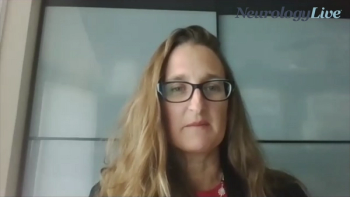
The AASM board of directors member and professor of medicine at UCLA also discussed the relative inefficacy of sleep hygiene therapy for insomnia.
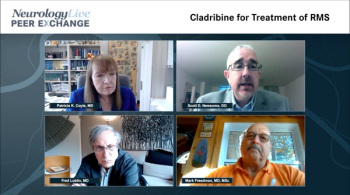
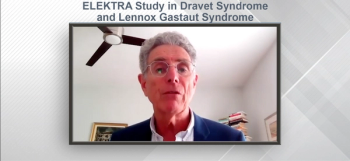

The director of the Mid-Atlantic Epilepsy and Sleep Center discussed his team’s investigations into predicting responders and adverse events.

The director of the Montefiore Headache Center discussed how his team’s findings can change the way physicians think about treating migraine.












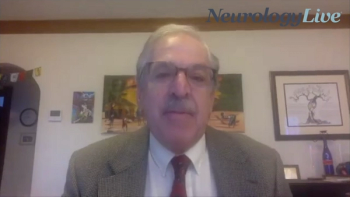
The neurologist from the Comprehensive Epilepsy Care Center for Children and Adults, in St. Louis, Missouri, discussed the different medications that cenobamate was used with.
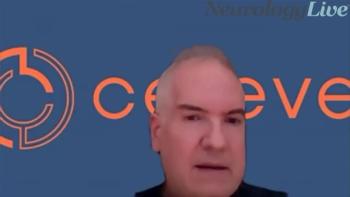
The chief medical officer of Cerevel Therapeutics detailed phase 2 data of its investigational agent tavapadon, which has been studied in patients with Parkinson disease.

Neurology News Network for the week ending January 16, 2021.
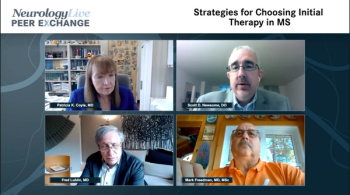
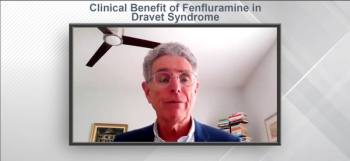

The assistant professor of neurology and anesthesiology at Harvard Medical School discussed the landscape of ALS treatments and his outlook on how the future might evolve.
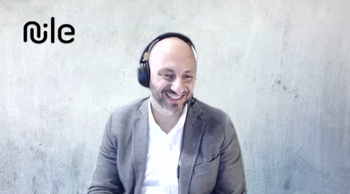
The CEO of Nile AI spoke to how the newly founded company plans to develop data science techniques to improve the optimization of epilepsy care and management.


The director of the Montefiore Headache Center discussed the current landscape of migraine treatments.
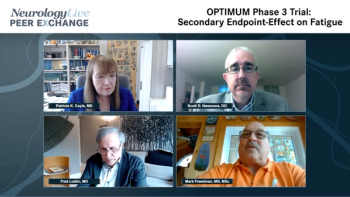

The executive director of the Norman Fixel Institute for Neurological Diseases gave his call-to-action on how to change the approval system for neurologic devices for rare diseases.